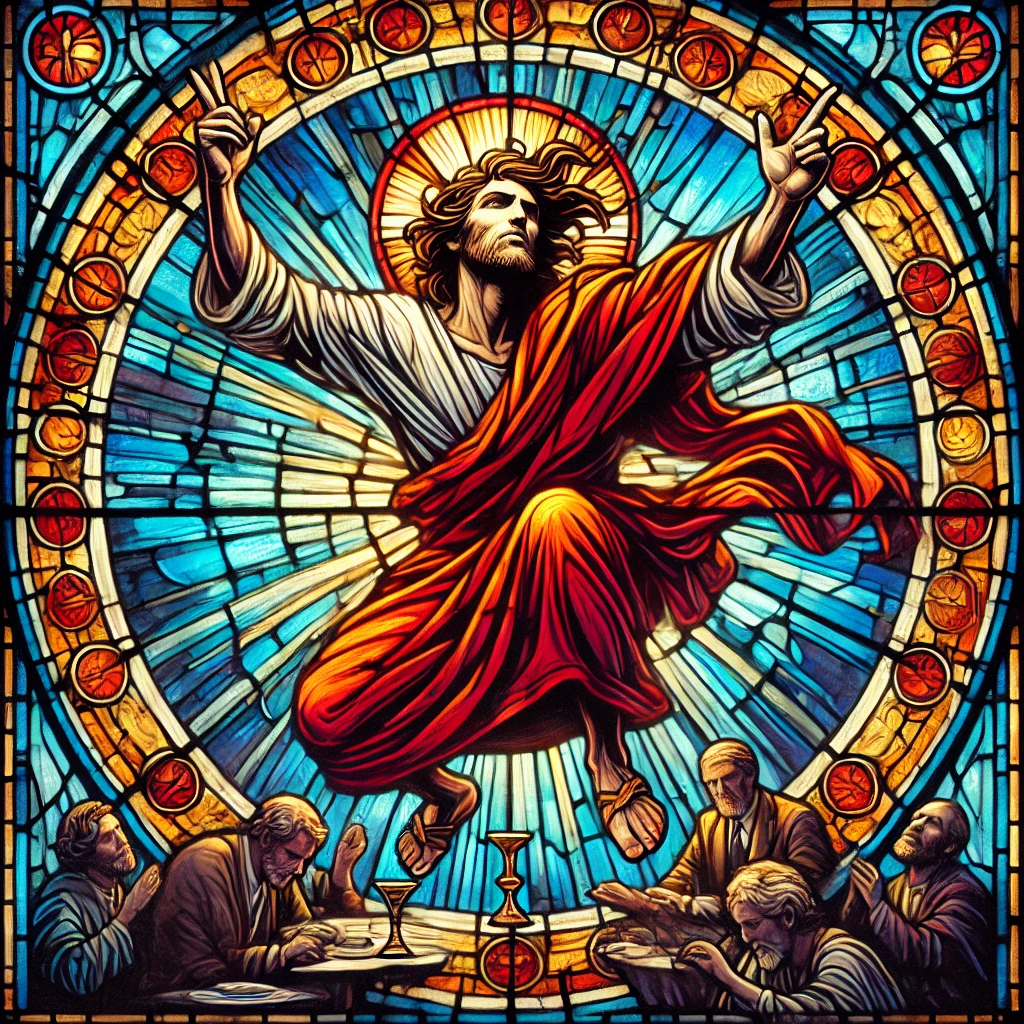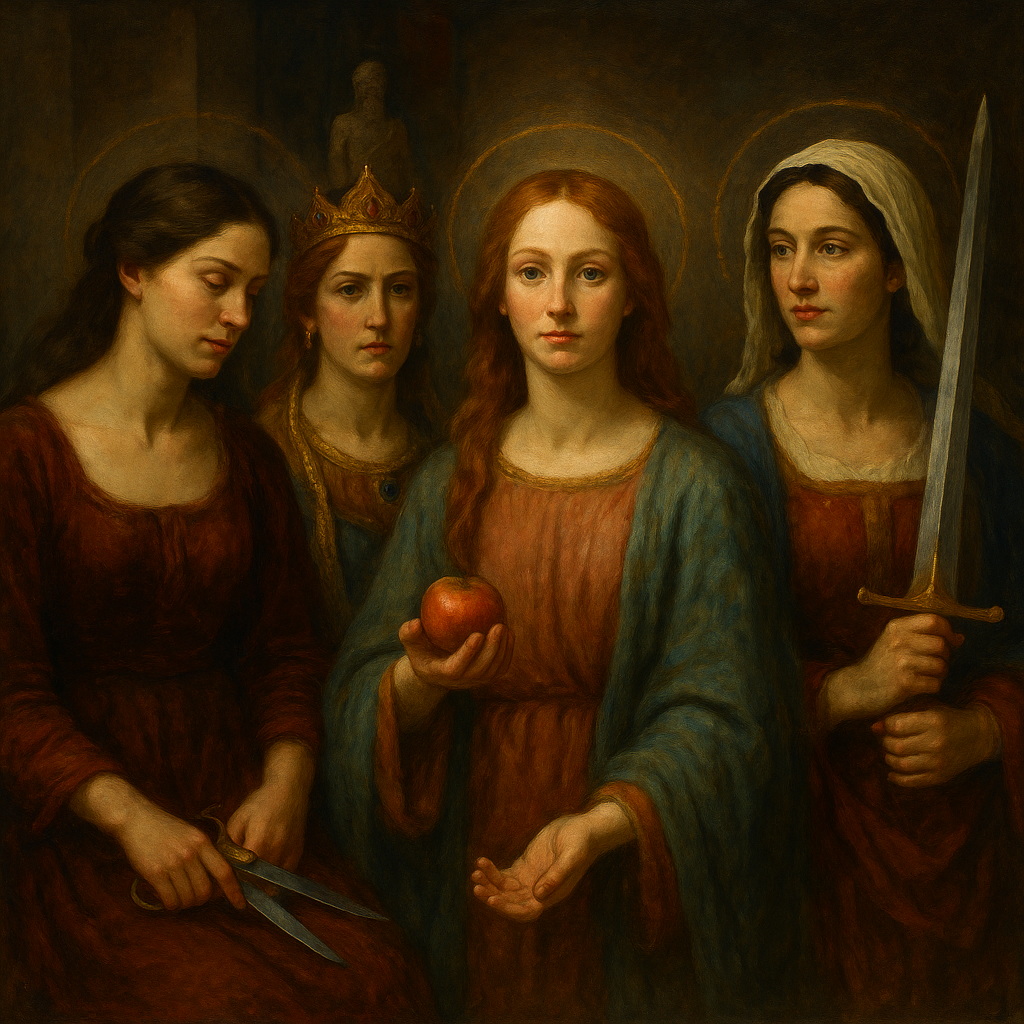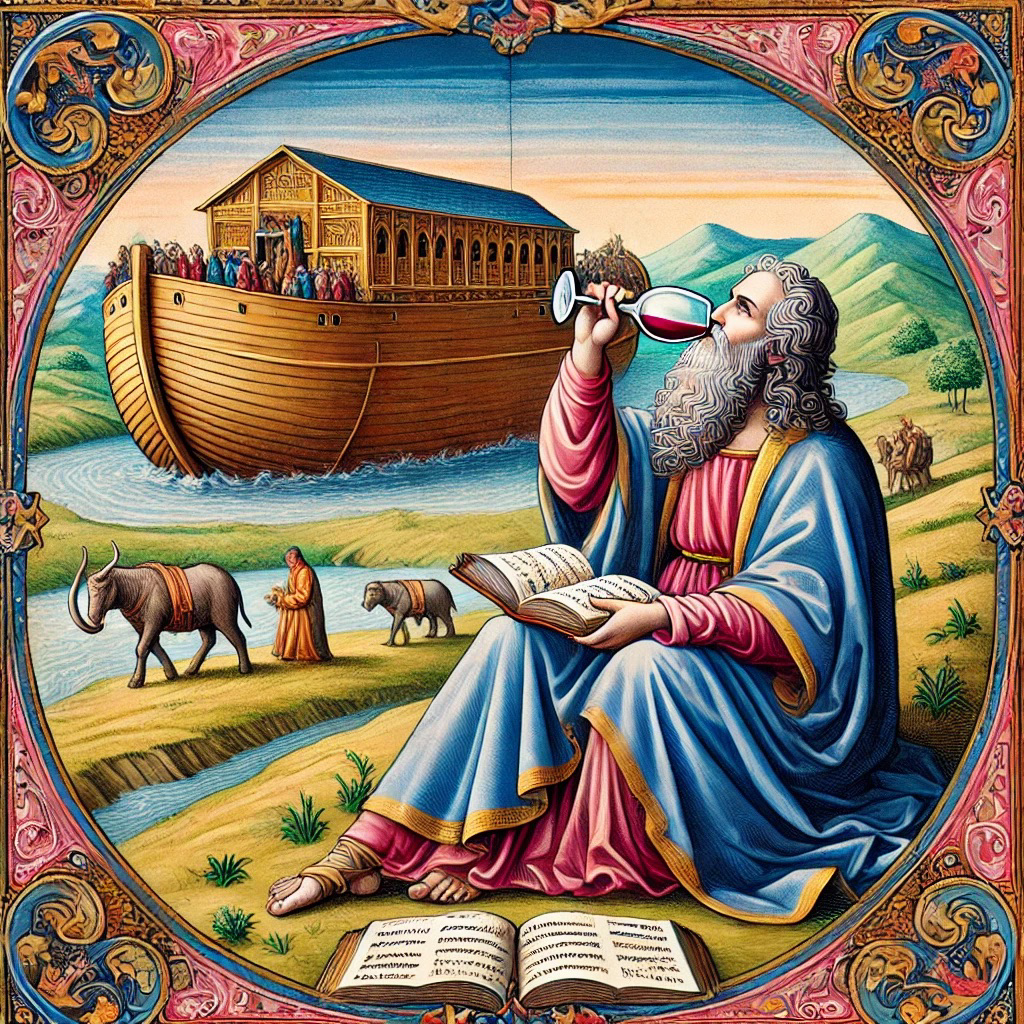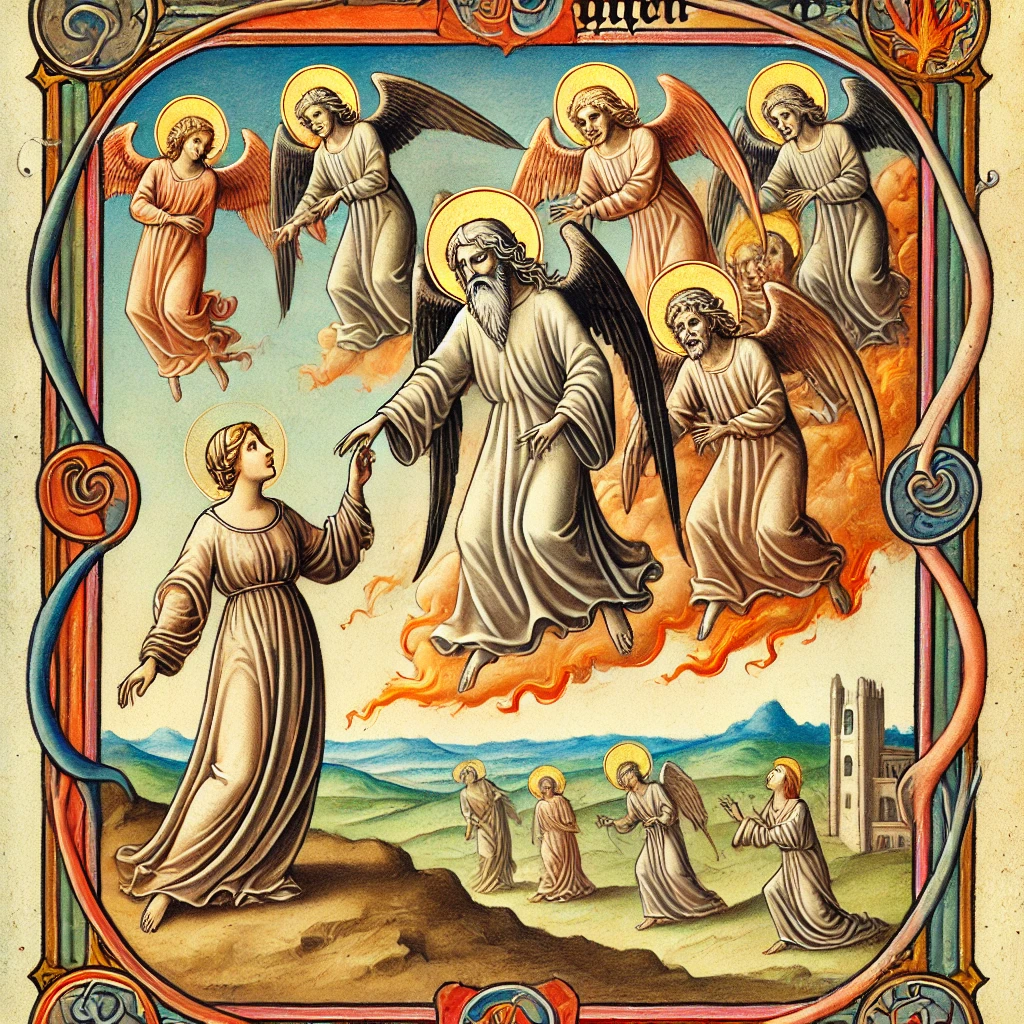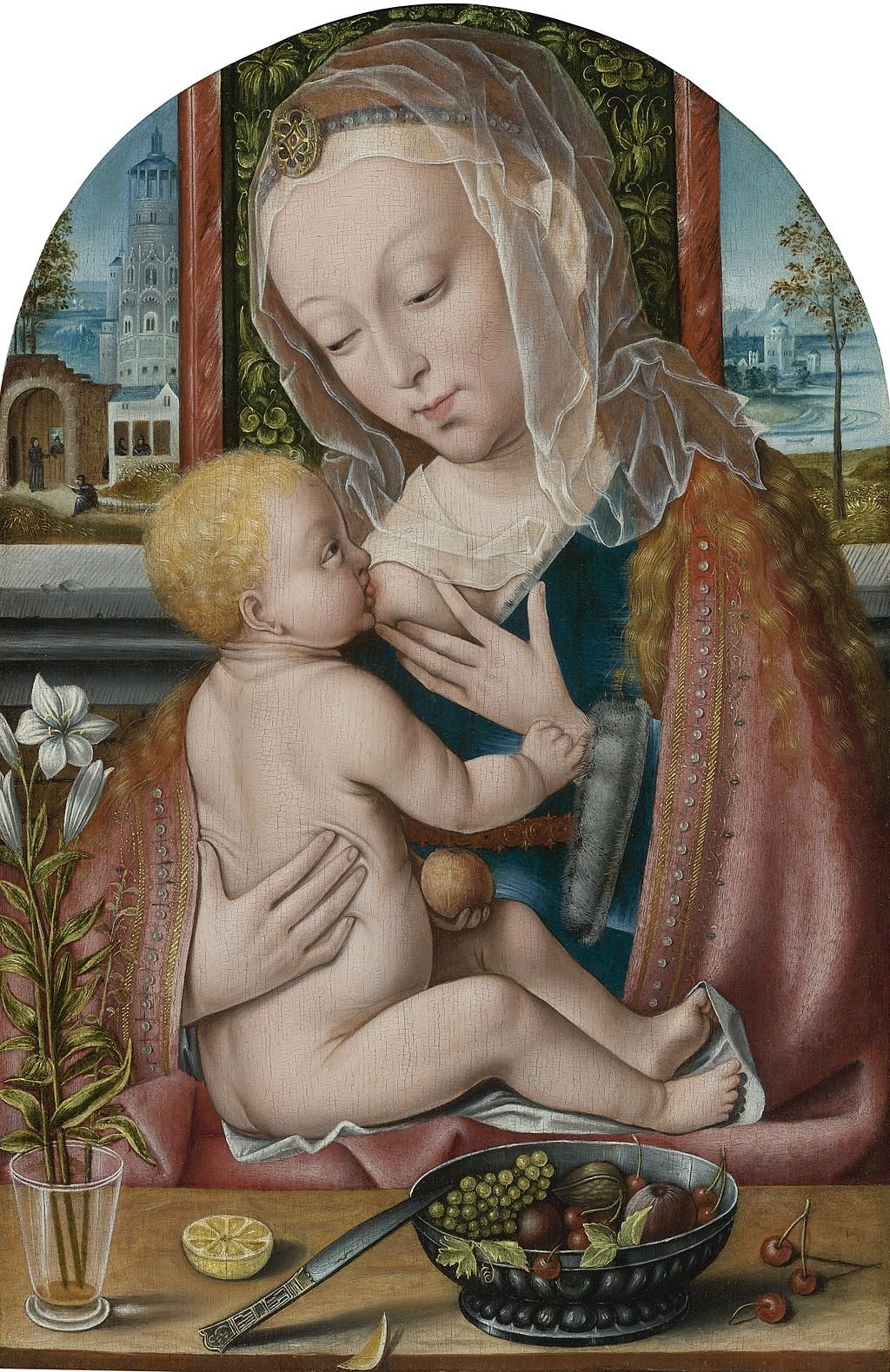Matthew, Mark, Luke and John offer differing views of Christ’s divinity. Some say he became divine at his baptism, others that he has always been one with God. Plus: Did the idea of the Virgin Mary come from a misunderstanding?
Jesus was crucified and came to be viewed as divine after his resurrection. But as time went on, the Gospel writers altered this view, offering different takes on when Jesus became one with God.
Icon of the Crucifixion by Andreas Pavias, second half of the 15th century
What did the earliest Christians believe? The first writings about Jesus reveal that his original followers thought that he became divine upon his resurrection.
But that’s not a belief shared in all of the books of the New Testament. In fact, there was hardly a consensus among early followers. “Different Christians in different churches in different regions had different views of Jesus, almost from the get-go,” writes Bart D. Ehrman in the 2014 book How Jesus Became God: The Exaltation of a Jewish Preacher From Galilee.
“If Jesus claimed to be equal with God,
wouldn’t the earlier Gospels have mentioned it? ”
Here are five surprising findings revealed in a study of the Gospels.
Early Christians believed Jesus became divine upon his resurrection — but in the earliest Gospel, Mark, the timeline had been moved back to his baptism.
Theophany, an icon of the Baptism of the Lord, 20th century
1. The Gospel of Mark doesn’t mention that Mary was a virgin, and declares that Jesus became divine only after being baptized.
According to Mark, Jesus was fully human up until the point that John the Baptist baptizes him. Once this happens, the Spirit of God descends as a dove and a voice from the heavens declares, “You are my beloved son, in you I am well pleased” (Mark 1:9-11).
It is only after this has happened that Jesus begins his own ministry, now one with God, and is able to perform miracles (walk on water, raise the dead), cast out demons and forgive sins.
The author of Luke literally changed the words of God because the earlier view that Jesus became divine after being baptized had become a heresy.
The Baptism of Christ by Domenico Ghirlandaio, 1490
2. A passage in Luke was changed from its original to downplay the statement that Jesus became the Son of God at his baptism.
We don’t have any original documents of the New Testament. What we do have are copies made centuries later — many of which have been altered and differ from each other. One such passage about Jesus’ baptism in Luke tweaks what God says. “But in several of our old witnesses to the text, the voice says something else,” Ehrman writes. “It quotes Psalm 2:7: ‘You are my Son, today I have begotten you.’”
Why make this change? Ehrman says that “when scribes were copying the texts of Luke in later centuries, the view that Jesus was made the Son [of God] at the baptism was considered not just inadequate, but heretical.” Jesus was always divine, and any other teaching needed to be suppressed — even if that’s what early Christians believed.
What if Mary wasn’t a virgin? The earliest mentions of her don’t say anything of the sort — and the concept only sprung up in Matthew with a bad translation.
The Creation of Man by Natalie Lennard, 2017
3. The Gospel of Matthew mentions the virgin birth — but this is a misinterpretation of an early prophecy.
The book of the Old Testament prophet Isaiah declares, “A virgin shall conceive and bear a son, and his name shall be called Immanuel” (Isaiah 7:14). Never mind that Jesus isn’t actually called Immanuel; the author must have made the connection because the name translates to “God Is With Us.” Turns out the quote isn’t actually about the coming messiah at all.
To top it off, Matthew mentions the virgin birth because of a bad translation. The author read a Greek translation of Isaiah many centuries later. The original Hebrew word, alma, means “young woman” but it was translated with the Greek parthenos, which carries the connotation of a young woman who has never had sex. It’s this misinterpretation that leads Ehrman and other biblical scholars to believe that this is the origin of Mary becoming the Virgin.
As time when on, Jesus’ divinity got earlier and earlier, until the last Gospel, John, states that he had always been one with God.
Jesus Christ by Cathy Dobson, 1994
4. It’s not until John, the latest of the Gospels, that Jesus is declared to have always existed as an equal to God.
The author of John doesn’t hold that Jesus was exalted into a divine state; he is the same as God and was his human incarnation on Earth for a few decades. This is the view of Jesus held today by most Christians — but it’s certainly not what his earliest followers, including the 12 Disciples, believed. As previously mentioned, they thought that Jesus became divine only after his resurrection and later ascension into Heaven.
The Gospel of John declares that Jesus is the Word of God and was essential to Creation. The text deliberately calls to mind the opening lines of Genesis.
The ceiling fresco of Chiesa di Sant’Orsola in Como, Italy, painted by Giovanni Domenico Caresana, 1616
5. An even higher view of Christ is found in the Gospel of John: that Jesus is the Word of God — and, as such, is responsible for creating the world.
The Gospel of John is the latest of the four, written in Greek 60 or so years after Jesus died, in a different part of the world — Ephesus, in modern-day Turkey.
“For John,” Ehrman writes, “Jesus was an equal with God and even shared his name and his glory in his preincarnate state.”
Take John 5:17-18, one of many examples: “This was why the Jews sought all the more to kill him, because not only was he breaking the Sabbath, but he was also calling God his own Father, thereby making himself equal to God.”
Much discussion has taken place around the so-called Prologue of John, the first 18 verses of the book. It presents the most elevated view of Jesus’ divinity imaginable: “even before he appeared, he was the Logos of God himself, a being who was God, the one through whom the entire universe was created,” Ehrman explains.
But if that was the case, and Jesus made such claims about himself, wouldn’t the earlier Gospels have mentioned it? There’s nothing to be found in Matthew, Mark or Luke, however.
The four Gospel writers all have their own take on when Jesus became God.
Christ in mandorla with the Evangelists, from the Reichenau Illumination, early 11th century
Christians today tend not to take such a close look at the Gospels, not noticing the discrepancies and not aware of the historical evidence. It’s shocking to think that the form of Christianity practiced today doesn’t align with some of the views of the Four Gospels. John’s view of Jesus as one with (but somehow distinct from) God the Father has won out. But it seems as if it could easily have gone another way. –Wally










